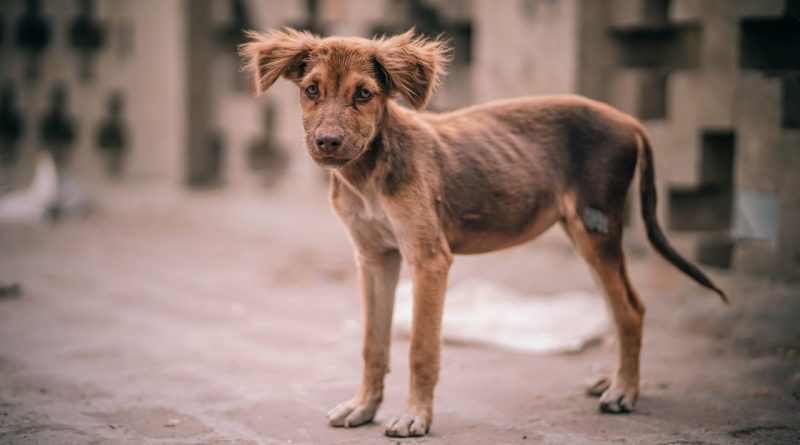Cancer is on the rise among Indian dogs; act now to keep yours safe
You would do well to have your furry friend checked for any lumps in its body on your next pet spa visit or grooming session or from a vet. For, the Indian Veterinary Research Institute (IVRI), one of India’s top veterinary institutes, has recently confirmed that cancer cases among dogs have been on a rapid rise in the country.
The IVRI sample set of canine cancer cases has actually more than doubled from 94 to 209 in the period between 2006-07 and 2016-17. In fact, the disconcerting spurt in cancer cases among domestic animals has prompted the Kerala Animal Husbandry Department to launch a diagnostic oncology centre at the Chief Disease Investigation Office (CDIO), for the disease’s early detection and research.
“As the only symptom to determine cancer among dogs is the presence of nodule (a small swelling or aggregation of cells in the body), there has been increased awareness among pet owners who have been rushing to veterinarians after finding the lump in the body of their pets during grooming sessions. The nodule turns into a tumour, which spreads in other parts of the body,” A.K. Sharma, Principal Scientist, IVRI, was quoted saying.
The most common types of cancer among dogs, in experts’ view, are transmissible venereal tumour (TVT), mammary gland tumour (breast cancer), spleen cancer, skin cancer, lymphatic cancer, gum tumour (epuliscancer) and eye cancer.
According to Dr Nandakumar of the Pathology Division, CDIO, “As per the samples we get, various types of the deadly diseases, from mammary tumor to sinus cancer, are found prevalent among animals. As in the case of humans, we cannot point out any particular reason for increase of cancer cases among animals. Among dogs, it is most prevalent among high breeds like Labrador or Alsatian. But it is comparatively lower among local, nondescript dogs.”
Any breed of dog can be afflicted with cancer at any age, but certain breeds are more prone to the disease. Among popular breeds in India, Boxer, German Shepherd, Golden Retriever, Great Dane, and Rottweiler are more likely to be affected.
Always bear in mind that prevention of the condition through early detection is the key.

